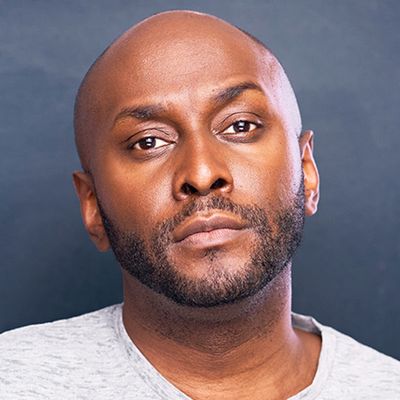On this episode of Conversations with Changemakers, we speak with Douglas Lyons: award-winning writer, composer, lyricist, playwright, actor, and more. Especially relevant for singers, songwriters, and performing artists (new and old), listen now to discover Douglas’ take on:
- Higher education vs. real-world experience.
- Career evolutions or expansions: trying new things!
- Navigating from creative idea to first draft, world premiere, and global licensing of new works.
As you listen, ruminate on how to use your gifts, your voice, your story, to change this world.
Click here to access bonus resources from this episode.
Connect with Douglas Lyons:
Connect with Tony Howell:
Episode Credits:
- Art by Tony Howell + Gertrude Pillena
- Editing by Connor Lynch
- Hosting by Broadway Podcast Network
If you enjoyed this episode, please visit RateThisPodcast.com/tonyhowell. Be sure to check out our past conversations and subscribe for next month’s special guest!


